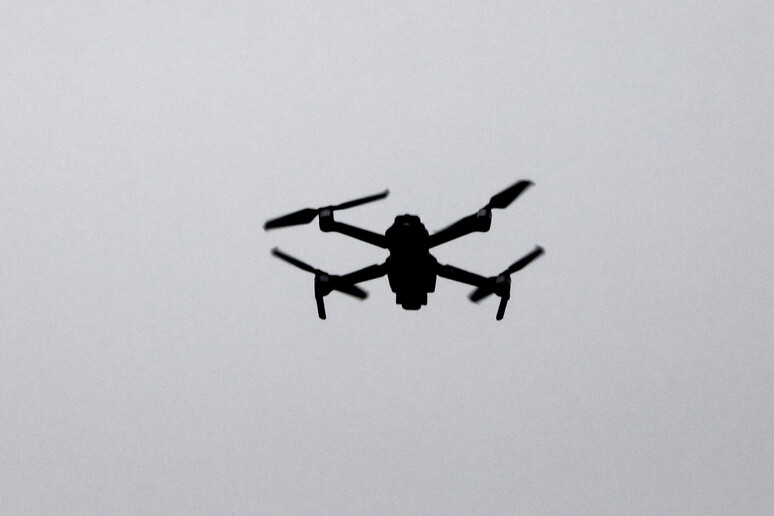Drones, originally created
for military purposes, are now also being used in other areas,
such as security and surveillance.
In Brazil, drones arrived in the middle of 2013, and there
are now 62,000 in the South American country, according to data
from the National Civil Aviation Agency (ANAC), and that number
is expected to continue to grow.
In the security sector, drones have been used to make certain
operations faster and more efficient, because unmanned drones
can monitor widespread areas where access is difficult.
In addition, some of these devices can also communicate in
real time with a surveillance centre.
In an interview with ANSA, Alexandre Nuevo, CEO of Drone
Visual, said drones have "various advantages" for the security
industry, because their use reduces risks for employees, who are
exposed less frequently in each operation.
"Drones are electric, non-polluting, and they can be
outfitted with a lot of technology, as well as producing a
better-quality final result," Nuevo said.
"The technology thus eliminates the current logistics of
operations and facilitates risk-analysis processes, thereby
reducing labour costs," he said.
Nuevo also said the arrival of new technologies will bring
"an increase in efficiency and a reduction in costs" for the
devices, and said the drone industry is "growing year by year".
Tiago Jonaitis, CEO of G4S Engenharia, said the use of these
technologies "still has to be fully exploited", but said he has
no doubt that the sector "will explode" in the future.
"The use up to now has been in a primary stage, because it's
still a new system, but everything is on its side for an
explosion" because "drones are extremely important for
surveillance", Jonaitis told ANSA.
Reinaldo Colares, partner and director of Horus Geo, compared
drones with smartphone apps, because in his opinion the devices
will soon be used for other purposes.
"Drones are here to stay," Colares told ANSA.
"I think that before long they will be used for everything.
They are efficient, because they don't expose the police officer
or security guard during operations," he said.
Among the public institutions using drones, the military and
civilian police of the Brazilian state of Espirito Santo will
use about eight drones to assist local security offices in 14
towns of its territory during summer 2020.
The Brazilian Army told ANSA that it has already started
using this technology in its operations.
"In the Brazilian Army, unmanned aerial vehicles (VANT in
Portuguese) are increasingly used to integrate the so-called
remotely piloted aircraft systems (SARP), which are used to
improve knowledge of possible problematic situations on the part
of the captain of specific military units, in support of their
work. In addition, depending on its category, an unmanned aerial
vehicle must be controlled by a pilot with a series of
qualifications," the army said.
Drones are used in various sectors, including research,
search-and-rescue, cartography, worksite inspections, and
surveillance of public heritage areas.
Despite the positive expectations for the sector, drones
still require a certain level of attention in order to avoid
possible accidents, for example due to a lack of technical
training on the part of the operator.
Public security expert Fábio Ramazzini Bechara of Mackenzie
Presbyterian University said this type of device has to be
constantly monitored and subjected to a system of command and
control.
Information about the launch of new drones and other news and
new developments in the sector will be revealed next year from
April 14 to 16 at the 23rd edition of Exposec, the largest
electronic security trade show in Latin America, in San Paolo,
organised by Cipa Fiera Milano.
"The technology speeds up decision-making processes,
simplifies problem recognition, allows for more preventative and
predictive action against crimes, through recognition of
behavioral models that reveal crime risk. If identified in
advance, the probability of avoiding it increases
significantly," Bechara said.
ALL RIGHTS RESERVED © Copyright ANSA











